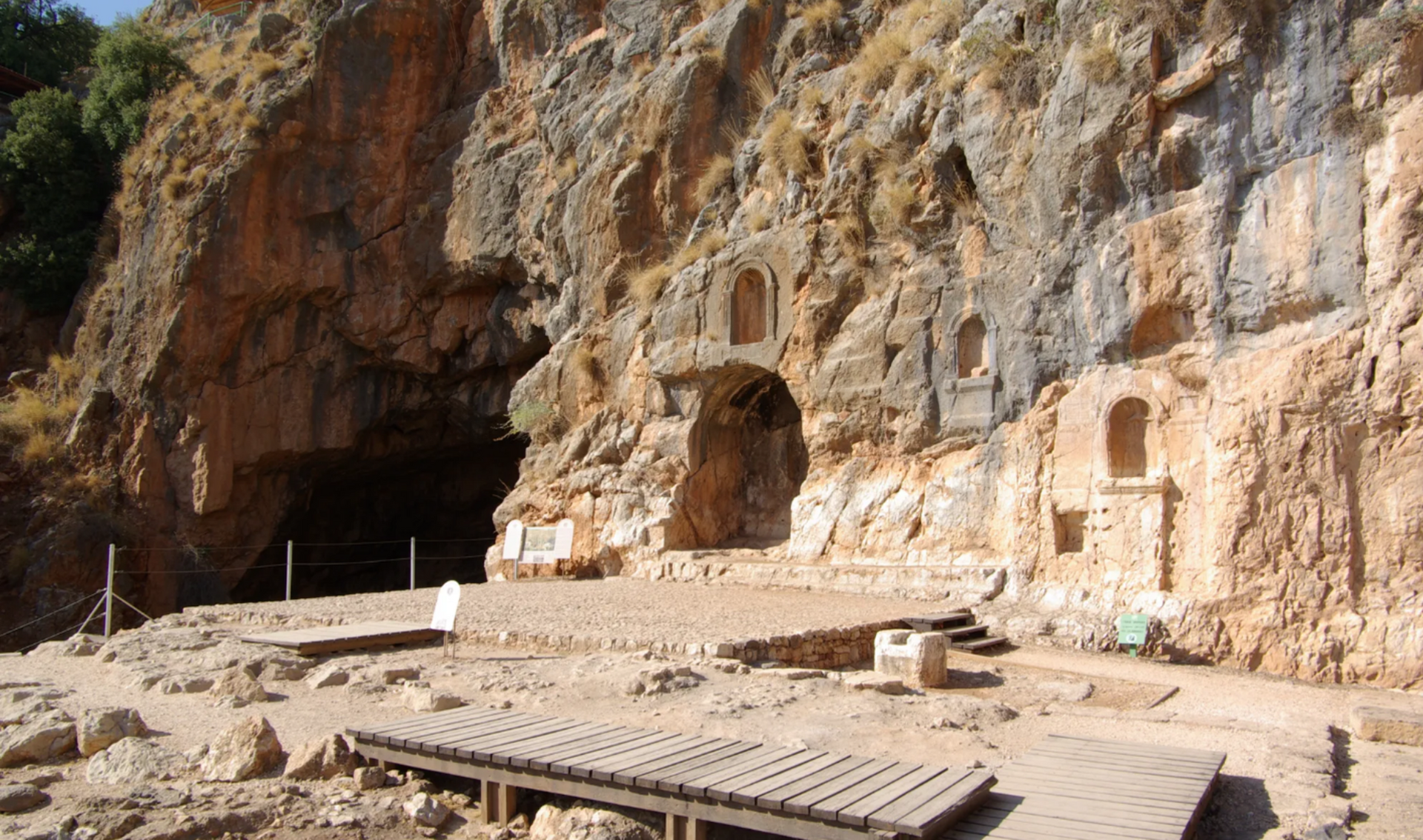
What makes a glorious sunrise? In my opinion, it’s the right amount and shape of clouds, as well as the positioning of those clouds. Aren’t clouds just water vapor sometimes containing dust particles from the atmosphere? Sometimes we drive through vapor in the form of fog.
Depending upon the type of clouds and where they are positioned, as the sun approaches the horizon, there are incredible colors from the light reflected by those clouds. Various shades of the red spectrum and blue spectrum for sure, but the highlights of bright yellow give the scene a vibrant explosive quality. The hand of a master artist couldn’t begin to touch the beauty of ten minutes of this ever changing light display.
The beauty of the scene is the reflection of the sun on water vapor. The sun which is too bright to look at, when its light waves bounce off wispy clouds becomes a diverse and beautiful array. Our faith is similar; the sun is analogous to God. His love is reflected off us, His creation. We are all different types, sizes, shapes and colors so the hue of reflected love is different and wonderfully beautiful.
It’s a challenge to remember that my reflection of God’s love is a representation of Christ’s sacrifice on the Cross. A love so deep it’s a struggle to grasp how wide and long and high is the love of Christ.
My pastor Tom, in a recent sermon said that the number one reason people say they don’t become Christian is because of Christians. He quoted Mahatma Gandi, “I like your Christ, I do not like your Christians. Your Christians are so unlike your Christ.” Tom reminded us to be good ambassadors for Christ.
Like the clouds we are a vapor in time, Lord let us be a brilliant reflection of your Glory.

